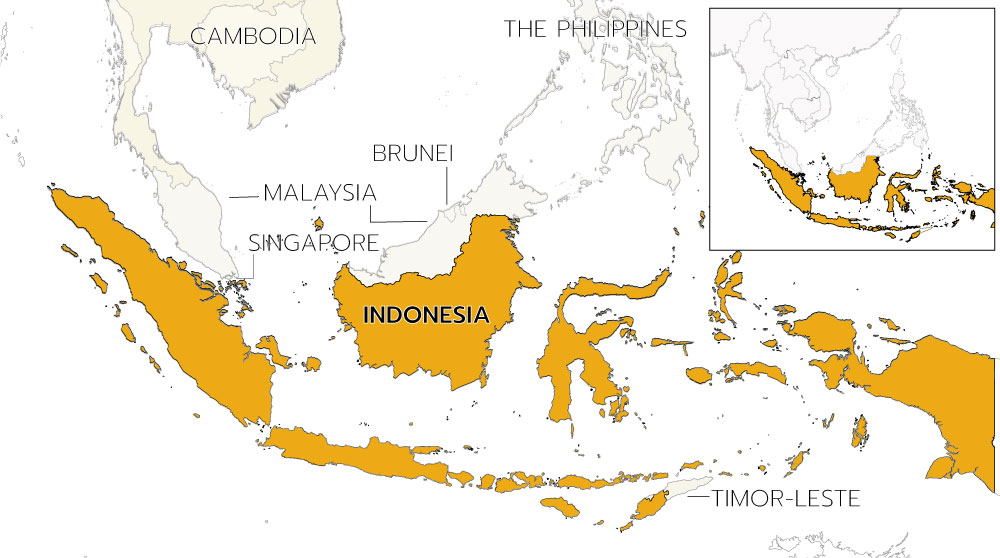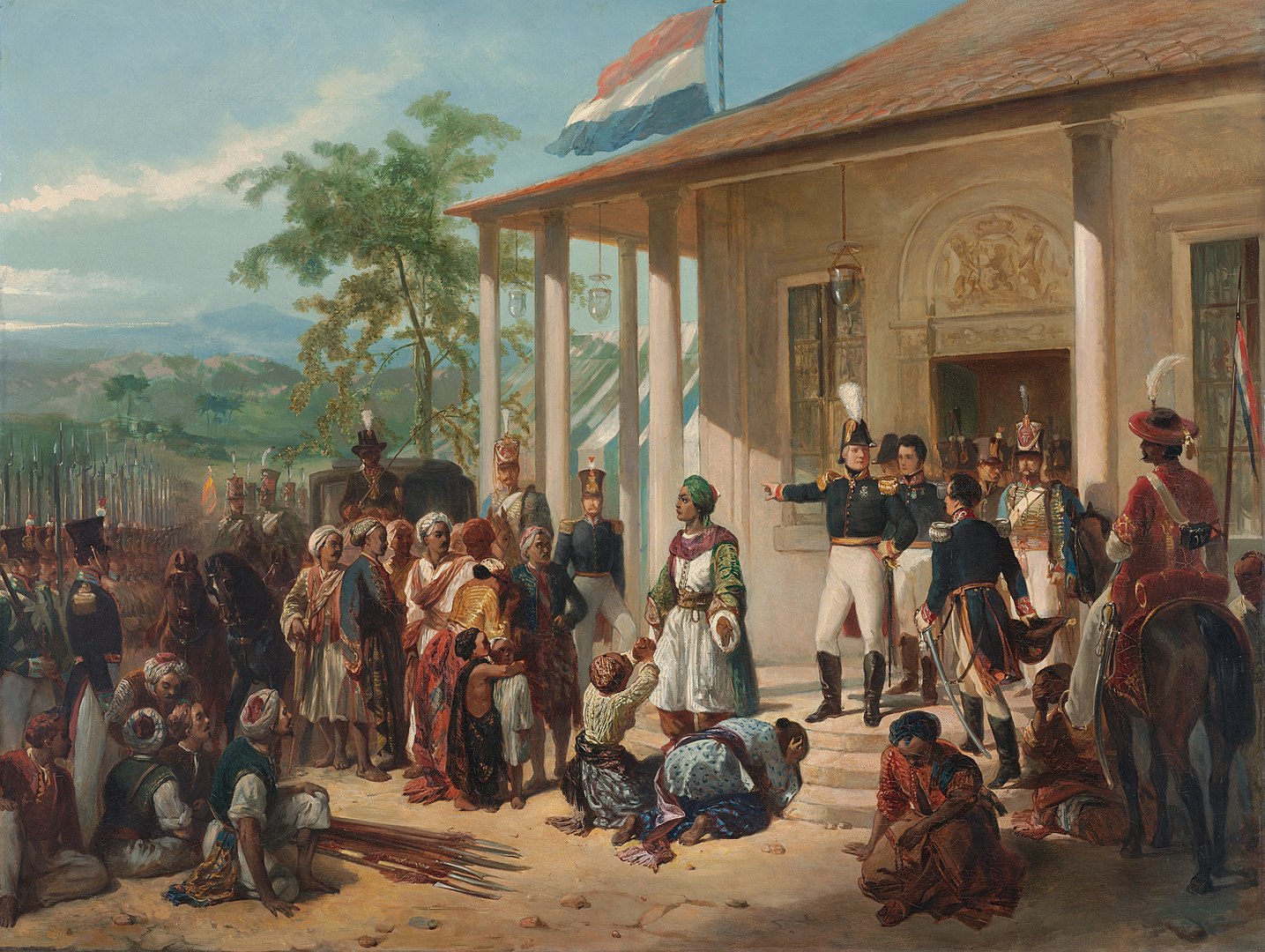Indonesia
- 16 June 1925 The first broadcast of music and entertainment was attempted by Batavia Radio Vereniging (BRV) from a hotel room in Batavia.Programs in the Dutch language went on the air for three hours daily.
- 16 June 1925 Sultan Pangeran Mangkunegara VII sponsored the first Indonesian-languagebroadcasts from Surakarta through Solose Radio Verenging (SRV).These broadcasts were intended to promote Javanese music, arts, and wayang (shadowplay) programs.
- 1930 The Dutch colonial government issues a license for station, Netherlandsch-Indische Radio Omroep a government-sponsored (NIROM), which soon after had branch stations in number of Indonesian urban centres.
- 17 August 1945 Indonesia declared independence from the Dutch. Sukarno became president of the new republic which fought against Holland until a unitary state was proclaimed 15 August 1950. Sukarno's government was ended by military takeover by President Suharto in mid-1966.


Read More
Malaysia
Indonesia
Singapore
Myanmar
Hong Kong
Vietnam
Thailand
Cambodia
The Philippines
Brunei
Laos
Timor-Leste
